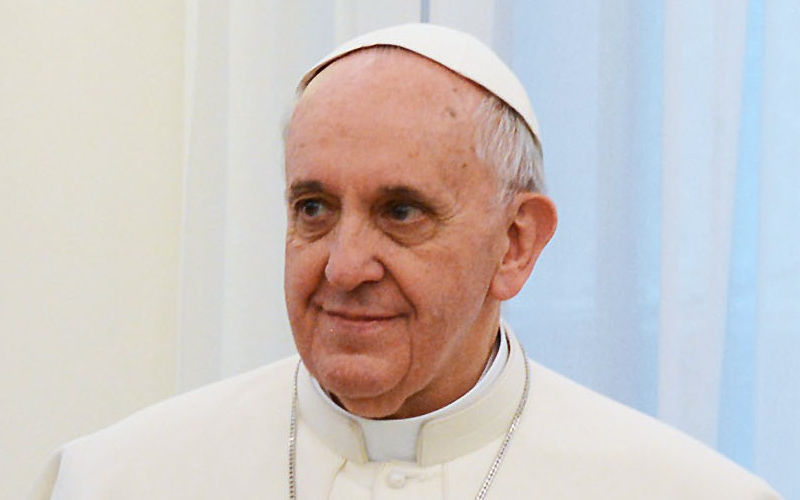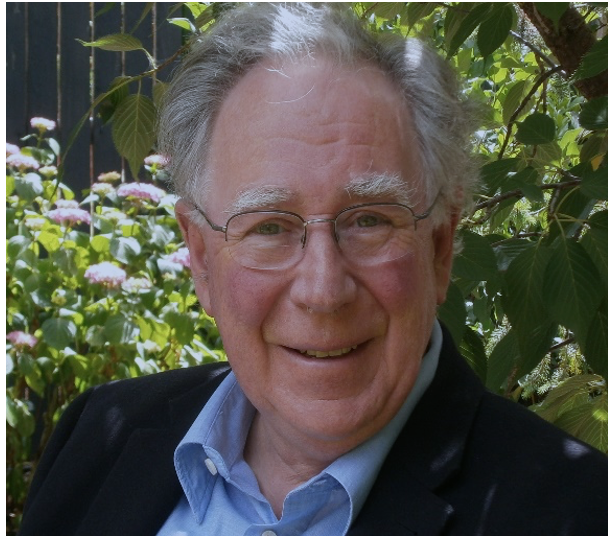Pope Francis is 85. Insiders are already thinking about the future leader of Catholicisms 1.34 billion adherents
March 3, 2022
If it reaches a deadlock someone from left field might emerge. But here are my tips.
However, Francis wont resign so long as his predecessor, Benedict XVI, aged 95, still lives. Three living popes is two too many. Elected in March 2013, Francis will likely resign sometime after Benedict dies, depending on his health and ability.
Among those thinking about the next pope will be die-hard reactionaries who will do everything in their power to ensure that a cardinal sympathetic to Francis agenda is not elected. There are already well-organized groups, mainly in the US, working to prevent a Francis-clone as next pope. However, public pressure tactics dont go down well with most cardinal-electors.
Usually, the cardinals look for someone in reasonably good health, aged somewhere between sixty-three and seventy-seven, an age-range that gives reasonable expectation of a long enough papacy to provide stability, but not too long like the 26 years of John Paul II.
They will look for someone who speaks near-perfect Italian, because the pope is bishop of Rome. Speaking Spanish and English are advantageous, but not essential. Pastoral experience, an ability to mix with people, a strong inner spiritual life and the facility to interpret Catholic belief and practice in terms that make sense to contemporary life and ordinary people and openness to the other churches and faiths, especially Islam, are important considerations.
Of the 119 current cardinal electors, 69 were appointed by Francis. Rather than groups and blocs, there are really three loose constellations of cardinal-electors.
First: those from the periphery. Many of them are from the global south where people face poverty, political instability and malnutrition. Western church preoccupations like gender issues, culture wars, secularism, or church governance have little traction with them. As Sean Michael Winter says, Making sure your flock doesnt go hungry matters more than whom they go to bed with.
Cardinals John Ribart of Port Moresby, PNG, or Chibly Langlois of Les Cayes, Haiti, face entirely different issues to Reinhold Marx of Munich, or Timothy Dolan in New York. Peripheral cardinals will have broad sympathy with Francis priorities and will look for someone who will be consistent with the Francis papacy.
Another constellation are the reactionaries who want to reverse Francis priorities entirely and return Catholicism to strict orthodoxy. They oppose openness to divorced, remarried Catholics receiving Communion and Francis support for environmental issues, more accepting attitude to gays, unequivocal attacks on entrenched clericalism among priests and bishops who, to use his words, lack the smell of the sheep. They also reject his emphasis on pastoral care rather than moral or doctrinal rigidity and his synodal approach embracing a much broader cross-section of Catholics in church governance.
The final constellation are the conservatives. They differ from the reactionaries in that they are more moderate and are not totally opposed to Francis priorities. But they want to return to a safer middle ground, they are sceptical of the tendency of modern Catholics to baptize and idealize secular and spiritual movements outside the church, such as the environmentalism and they are more sceptical toward modernity. They feel this leads to the loss of a specifically Christian and Catholic identity and dilutes the drive to convert others to the church.
So, what will happen? Certainly, many of the Latin American and Asian cardinals will remain faithful to Francis vision, led by Tegucigalpa, Honduras Cardinal, scar Andrs Rodriguez Maradiaga, Luis Tagle, former archbishop of Manila, Philippines and now working in Rome, and Oswald Gracias, archbishop of Mumbai.
African cardinals are harder to predict. They can be very clerical and rigid on sexual issues like contraception, reproductive health and gay issues, but very open on social justice with a willingness to confront political corruption head-on in their own countries. Asian Catholics often happily embrace inter-religious dialogue with Buddhists, Hindus, and Muslims, but are pious and devotional in their religious practices.
The reality is the next pope could be from anywhere. What will be most important will be the fortnight of discussions leading up to the conclave (election meeting in the Sistine chapel) when cardinals get to know each other and make assessments of strengths and weaknesses. Most from the global south wont know Rome well, probably wont speak Italian, and wont have been lobbying like power-brokers from the Vatican and traditionally powerful archdioceses. This will be the peripheral cardinals opportunity to spot a suitable candidate.
This conclave is going to be very hard to call. If it reaches a deadlock someone from left field might emerge. But here are my tips.
Matteo Zuppi (age 66), archbishop of Bologna. He is vey much in the Francis mould. A former priest of Rome diocese, he has enormous pastoral experience in the city. A member of the very influential SantEgidio Community, he played a key role in ending civil war in Mozambique in 1992 and is an honorary citizen there. Open to modernity and sympathetic to LGBTQ+ issues, he is very much in the who am I to judge tradition. Hes my numero uno.
Second: Luis Tagle, nickname Chito (age 64), former archbishop of Manila, now working in the Vatican. With wide pastoral experience, Tagle is Francis pick for next pope; hes called the Asian Francis. Hes humble, deeply spiritual, intelligent, charismatic, is a good communicator, has a sense of humour and often smiles. His bias is in favour of pastoral solutions to moral problems. His experience in the Vatican administration will also stand him in good stead.
Third: If the conclave goes conservative Robert Sarah (age 76) of Guinea stands an outside chance. He would certainly reverse Francis priorities. He is supported by wealthy US conservatives and French-speaking European reactionaries. The title of his book God or Nothing indicates his extremist theological stance. Although deeply spiritual, he is a somewhat humourless ascetic, who is uncomfortable with women, especially powerful ones.
Ive discussed all of this and other possible candidates in far more detail in my Guide to the Next Papal Election on my webpage at www.paulcollinscatholicwriter.com.au which also outlines how the election process works.

